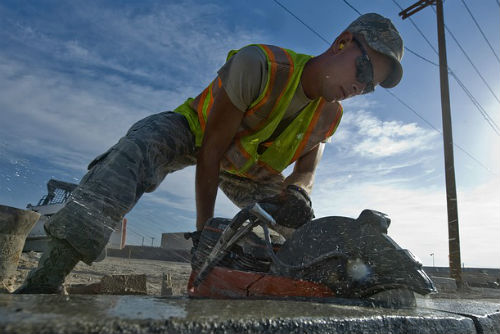
What To Do After An Accident At Work
Prioritize Safety:
- The immediate concern after an accident is safety. Ensure that everyone involved, including yourself, is in a safe location.
- If there are any ongoing hazards (such as exposed wires or spilled chemicals), take steps to mitigate them or inform the relevant personnel.
Seek Medical Attention:
- If the accident results in injuries, seek medical attention promptly. Don’t underestimate the importance of getting a thorough medical evaluation, even if injuries seem minor at first.
- Report all injuries, no matter how insignificant they may seem, to your supervisor or HR department.
Report the Incident:
- It is up to your employer to file a workers’ compensation claim with their insurance company on your behalf, so it’s vital to inform your supervisor or manager about the accident as soon as possible. Many companies have specific procedures for incident reporting, so make sure to follow them closely.
- Provide a detailed and accurate account of what happened, including any contributing factors or witnesses.
Document the Scene:
- Take photos of the accident scene, if possible, and gather any relevant evidence. This documentation can be crucial for insurance claims or legal proceedings.
- Write down your own account of the incident while the details are fresh in your memory.
Witness Statements:
- If there were witnesses to the accident, ask for their contact information. Their statements can provide valuable corroboration of your account.
- Encourage witnesses to report the incident to their supervisors or HR as well.
Follow Company Procedures:
- Familiarize yourself with your company’s policies and procedures regarding workplace accidents. This may include filling out specific forms or attending meetings with safety officers.
- Cooperate fully with any internal investigations that may take place.
Legal Assistance:
- If the accident results in serious injuries or if you encounter difficulties in the aftermath, consider seeking legal advice.
- A workers’ compensation attorney can help protect your rights and guide you through the process.
Recovery and Rehabilitation:
- Follow any prescribed medical treatments and rehabilitation plans diligently.
- Keep your employer informed about your progress and any adjustments needed for a safe return to work.
If You Run Into Trouble, See a Workers Compensation Lawyer
You may want to consult an attorney with experience handling workers’ compensation claims. An initial consultation is usually free and an attorney can help you determine what benefits you may be entitled to receive.
Experiencing an accident at work can be distressing, but knowing how to navigate the aftermath is crucial for your well-being and the integrity of the incident reporting process. By prioritizing safety, seeking medical attention, and following the proper procedures, you can contribute to a smoother resolution and help prevent future incidents. Remember, your health and safety are paramount, and taking the right steps after an accident is an essential part of ensuring a positive outcome.



